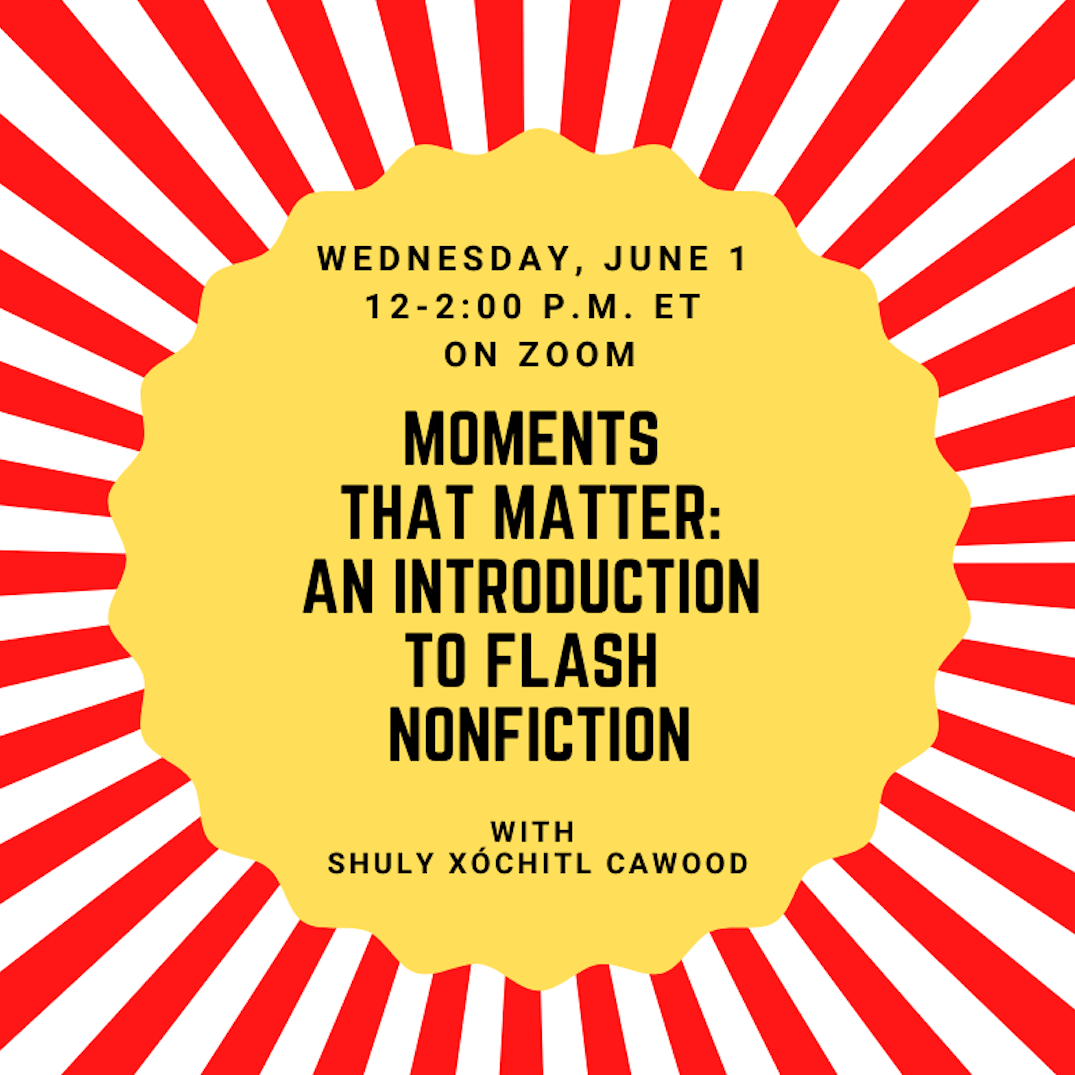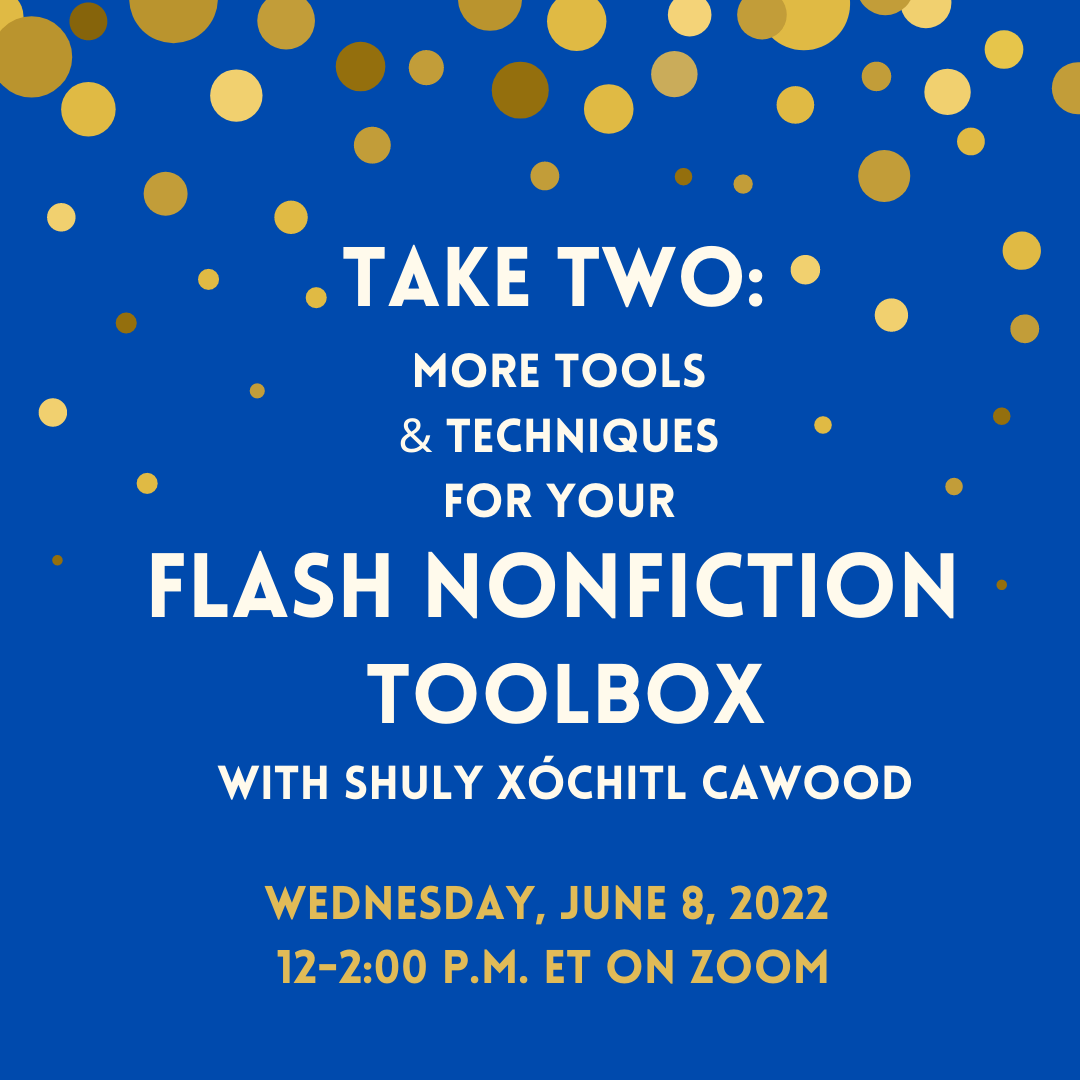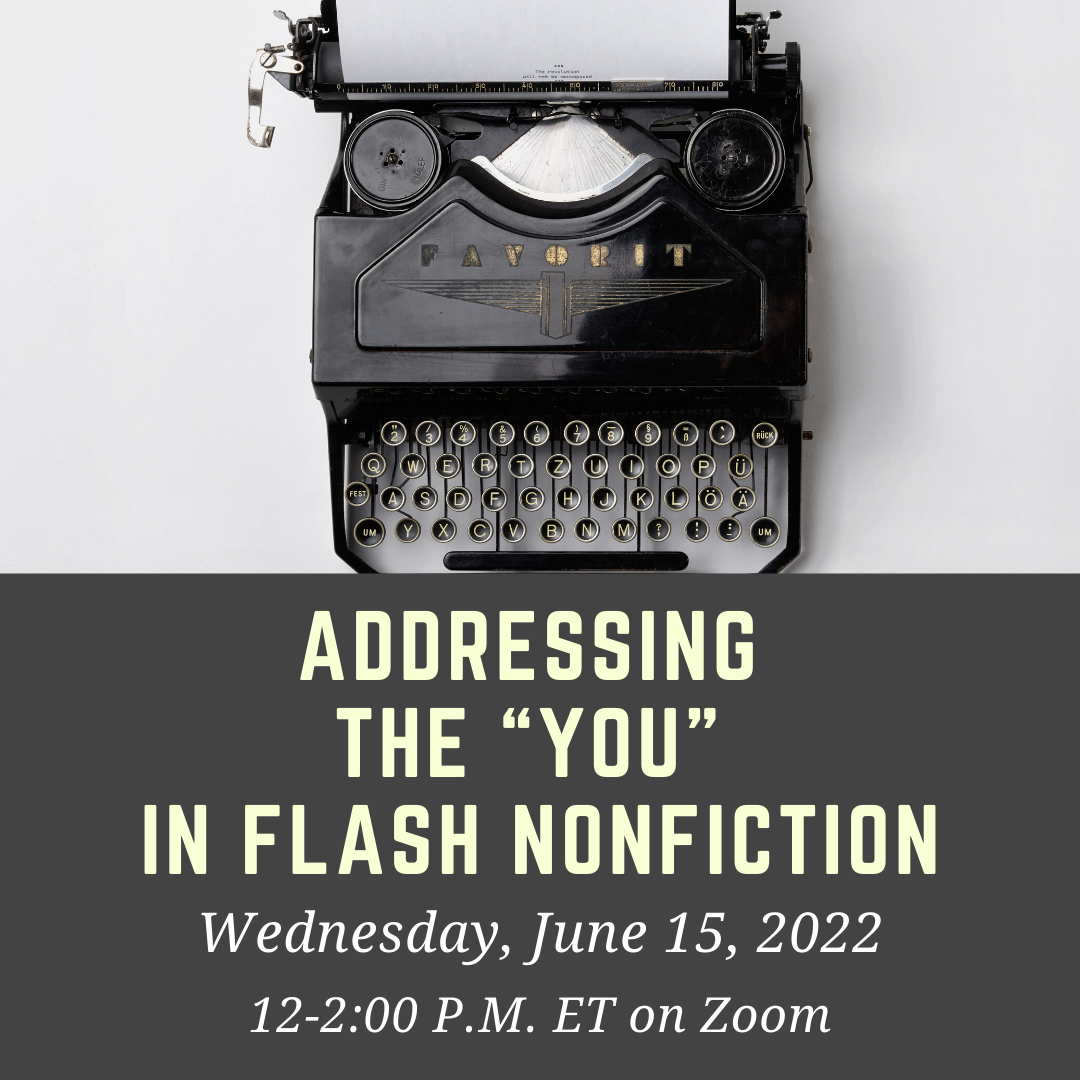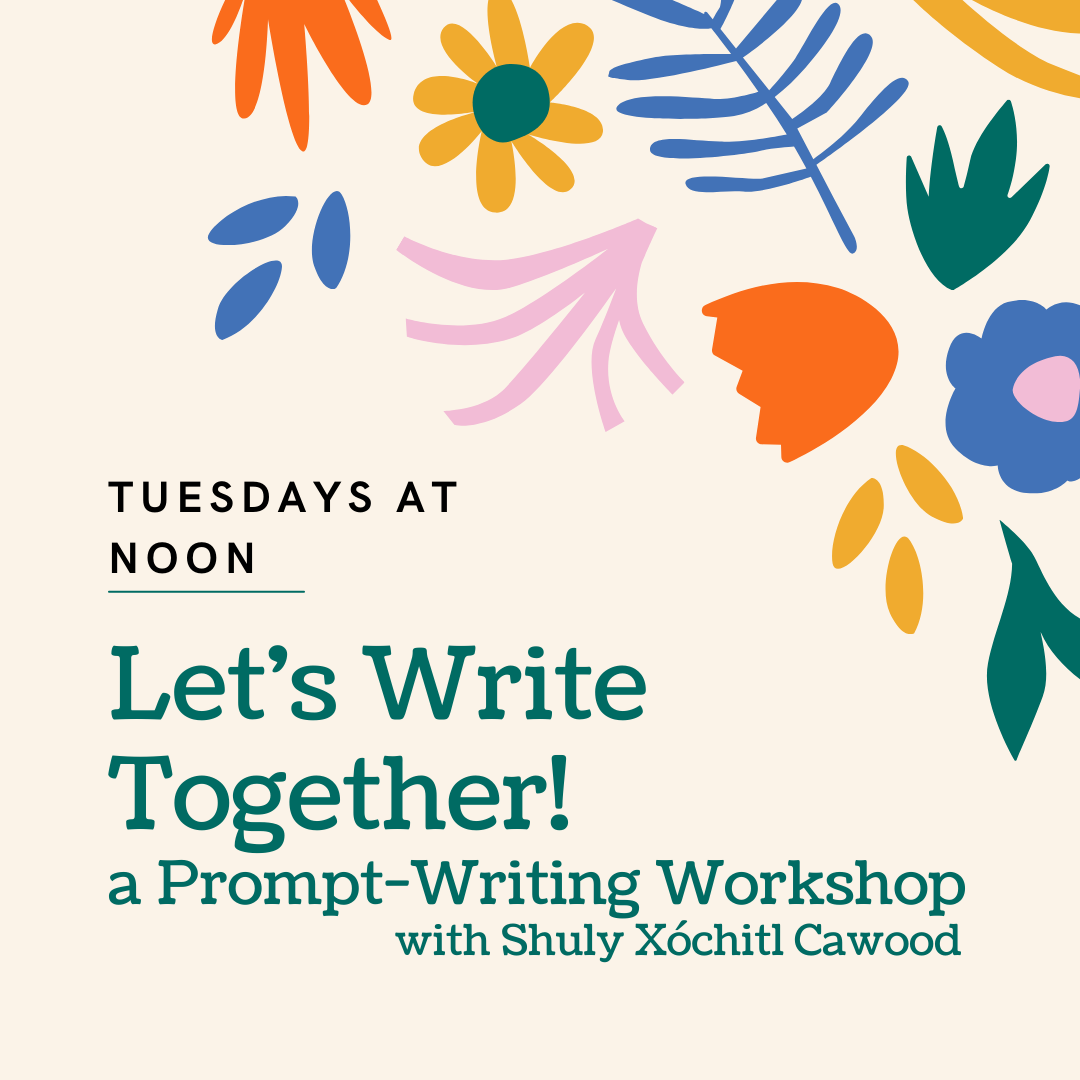My husband and I planned our week-long trip to my Ohio hometown.
“Is there anything particular you want to do?” I asked. Preston asked me the same. We had a potential list: drink coffee and write (well, I would write, he would read) at the Emporium; hike in Glen Helen; pick up food at Current Cuisine; try the new vegan place; go see my beloved college campus; get ice cream at Young’s; make a Trader Joe’s run.
Just before we got into our packed car, we took our Covid tests. Preston works outside the home, and I work from home so I have little exposure, but we both are extra careful and always take Covid tests before we see my parents. We got the all-clear. Negative! Yay!
We had one stop to make on our way to Ohio: a lunch in Lexington to see my cousins. That went beautifully. It was hot and we sat outside because we had our dog with us, but catching up was perfect and never long enough.
We got to Ohio. Our first full day, Day One, Preston took a Covid test in the morning just to be sure, and it was negative. Yay! Preston went on a run, I took my favorite walk, and we got coffee at Dino’s. My coffee was exactly as I liked it—with oat milk and extra hot. The sky was clear, and it was warm out but not terribly hot like the last time we had visited in the summer and it had broiled so much we hadn’t wanted to spend any time outside. We got salmon at Current Cuisine; we went to Young’s for ice cream. Life was as we planned it.
On Day Two, Preston took another Covid test, just to be sure. That’s how much he cares about my parents, and for that I am grateful. I had gone for a walk, and when I got home, my father said, “You should talk to Preston.”
“What happened?”
“Talk to Preston,” my dad said.
Apparently that was code for “He tested positive for Covid.” By the time I found Preston, he was already packed and ready to check into a hotel.
This was not part of our plan. But it was the new plan. I tried to be accepting and to look on the bright side: he’d caught it quickly, maybe none of us would get it. Preston, ever the one who accepts reality for what it is, said, “If we were at home, we’d have to be isolated from each other anyway. This way, you can still spend time with your parents.” He stocked us with Covid tests and he made us filtered contraptions out of box fans. Then he left.
It was me and the dog and my parents. Okay, I said to myself, it’s fine. It’s all fine. But really I wanted the trip we had planned.
On Day Three, I noticed my dog’s right eye was watering a lot. I emailed my vet back at home in Tennessee, thinking she would tell me it was nothing to worry about.
On Day Four, the storms began. Did I mention Kibbi is a storm-phobic dog? She was panting and shaking and trying to climb me to find higher ground. I had an online workshop to give, and the storms were raging. Okay, I said to myself, it’s fine. It’s all fine. But really I wanted the storms to stop. I’m not good at accepting what is—when what I really want is what isn’t.
My Tennessee vet called. “You need to get her checked out by a vet in Ohio,” she said.
As the storms raged, I called vets in the area around my Ohio hometown. No one would take us. Finally one 24-hour emergency vet practice said they could take us and would text me when I could bring her in, but it could be the middle of the night—they were backed up with clients.
Why hadn’t this medical thing happened when we were back in Tennessee? Why was this happening now? Wah wah wah. (That’s me, whining.)
Finally another emergency vet said they would take my dog that afternoon. The sun popped out long enough for us to make the forty-minute drive. My mom, saint that she is, offered to go with me.
We arrived early and sat in the waiting area. I had a moment, then, of clarity: here my mother was with me, and we were chatting, and wasn’t this the main purpose of this trip after all, to see my parents, to spend time with them? We got called back, and Kibbi got seen by a doggie ophthalmologist. Who knew there were doggie ophthalmologists? That was lucky, wasn’t it? It was, except the doggie ophthalmologist wanted me to put eye ointments in Kibbi’s eyes five times a day, and I had to do it solo because Preston was checked into a hotel and really it’s a two-person job. Whine whine whine.
Still, Kibbi was getting the care she needed and would get better, right? I was trying to do what my husband more easily does: see the silver linings. It takes me longer to see them because I am busy writing up my long whiny-whiny list when things don’t go according to my plan. Why isn’t the world paying attention to my plan??
And now many days have passed and it is Day One Thousand and Sixty-Seven, at least this is what it feels like, and my parents and I have not gotten Covid. I figured out how to do the eye ointment by myself. Kibbi hates me for doing it, but I can live with that. She’s wearing the cone of shame (thus I have dubbed her “My Little Handmaid’s Tale”), but after a day of bumping into things, she adapted. Yes, I am aware of the lesson in that. Her eye is better. And I have gone to Trader Joe’s, and I am sitting here writing at the Emporium with a cup of coffee. I miss my husband, but we’ve made do with what it is. And I have gotten to spend time with my parents, and isn’t that the most important thing? It is, it is.
I cross more things off my whiny-whiny list. I make a new list of things for which I am grateful. I consider whether to wear a cone of shame.
Photo credit: Ice cream pic by Svitlana from Unsplash.com
Not So Easy Come, Not So Easy Go
The nest appeared before I noticed it being built. There it was, suddenly fully formed, all twig and leaf and bits of branch, tucked on an overhang below our front porch roof, right by our front door. Every time we left the house, every time we came in, the parent robin swooped out, perched on a branch nearby, always the same branch, a watchful eye, a chirp.
Maybe there are no eggs yet, we thought. Maybe there’s still time to move it. It’s a nuisance, having birds right by your door—the wings flapping, and the bird poop everywhere. I was cleaning the poop off the windows beside our front door, cleaning it off the floor.
My father and husband took out the ladder, peered inside, took a picture: four blue eggs, already there. Too late to stop this.
I left for a nine-day trip, and when I returned home, there they were, suddenly full formed, all soft head and tiny beak and closed eyes. Only two. The parent robin (a mom, I decided, though the truth was I didn’t know) still swooped out every time we left the house, every time we came in, but now her chirping grew more frantic as she perched on her branch nearby, the same watchful eye, and now I felt like a thief going in and out. “I’m sorry,” I said to her, I said to her babies. I did my best to quietly open the door.
Still, I got used to it, the flapping of wings, the bird poop, and even when inside the house, I’d hear the chirp of the parent robin. Or were there two? I started watching from my picture window, close to the front door. There was one pecking on the ground, another on the same old branch. They stayed nearby, all day, swooping in and out of the nest. I started listening for them. The robin chirps punctuated my day, my hour, sometimes even my minutes.
And then one morning, I walked from my front yard onto my front porch, approaching my front door, but I must not have been quiet enough, and suddenly there were wings and wings and wings tumbling from the nest: the parents flapped out and swooped away, and the two babies flapped out, too, but not away. They only made it to my front porch floor, and when they fluttered again, they couldn’t lift more than a few inches. I panicked, chastising myself for not having been gentler, slower. What should I do?
My husband said to leave them alone. But I didn’t want to. I wanted to lift them back into their nest. I waited. I waited more. From inside, I watched the baby birds hop around my front porch for a while, but the sun was getting strong. What should I do? I filled a shallow dish with water, went out my back door and walked around the side of the house to the front and placed it as softly as I could onto the porch, walked around to the back of the house again. “Don’t go out the front,” I told my husband. For hours, I fretted, flapping my own worry wings. The parent birds chirped and hopped around nearby, close to the porch. Then, one by one, the baby birds hopped off the porch and disappeared beneath our boxwood, into our bed of St. John’s wort.
By mid-afternoon, the chirping had gone away. I stepped out front: no parent birds, no baby birds. Were they all okay? I listened for the robin chirps the rest of the day and the next.
“I miss them,” I told my husband.
Now I still miss them. I’m still listening. I’m still learning.
And isn’t this what we all have to do? Learn to let them come. And then let them more easily go.
Photo is not of our robin eggs. Photo credit: Brice Curry from Unsplash.com
A Lunchtime Workshop Series in Flash Nonfiction
Memoir & Personal Essay Summer Bootcamp
The Art of Memoir & Personal Essay: A Generative Weeklong Workshop
Monday-Friday, June 20-June 24
(meeting daily 9:30-11 a.m. ET and 2:30-4:30/5 p.m. ET)
It’s time for a summer writing bootcamp! Join me in this online (Zoom) workshop during which you will meet other writers, generate new writing, read chapters and essays that inspire, and learn tools and techniques on the craft of personal essay/memoir writing. There are no critiques in this workshop. The goal is for you to leave with first drafts and a writer’s toolbox ready to help you finish and write the rest of your life stories. Space is limited. EARLY BIRD RATE ENDS ON MAY 30. Learn more here.
Beginners
It’s the start of gardening season, so this seemed like the right time for this poem.
This one’s about thinking back to a time when you were a novice gardener, but it’s also about thinking back to a time when you were just starting a long-term, serious relationship, maybe even a marriage, but at that point, at the beginning, you didn’t know yet how hard it might be, what obstacles you might face, and you thought—back then—that you and your partner had all the answers.
This poem was written by yours truly, Shuly Xóchitl Cawood, and is in my poetry collection, Trouble Can Be So Beautiful at the Beginning (Mercer University Press, 2021), winner of the Adrienne Bond Award for Poetry.
Readers, thank you for coming along with me every April—National Poetry Month—on my poetry jaunt. I hope the poems I shared piqued your interest in poetry, if it needed to be piqued, and that it showed you that a really great poem can be accessible to all.
If you missed the other poems I featured, you can find them here and here and here and here.
Photo credit: Zoe Schaeffer from Unsplash.com
Upcoming Online Writing Workshops
The Art of Memoir & Personal Essay: A Generative Weeklong Workshop
Monday-Friday, June 20-June 24, 2022
(meeting daily 9:30-11 a.m. ET and 2:30-4:30 p.m. ET)
It’s time for a summer writing bootcamp! Join me in this online (Zoom) workshop during which you will meet other writers, generate new writing, read chapters and essays that inspire, and learn tools and techniques on the craft of personal essay/memoir writing. There are no critiques in this workshop. The goal is for you to leave with first drafts and a writer’s toolbox ready to help you finish and write the rest of your life stories. Space is limited. Cost: $349; early bird rate going now: $279. Learn more here. REGISTER HERE.
Let’s Write Together!
Tuesdays at noon EST (on Zoom): May 3, 10, 17, 24, 31
Having a hard time finding inspiration and motivation to write? Join me for any (or all) of these online one-hour sessions on Tuesdays at noon EST. We’ll talk about a piece of writing, I will give you a prompt, and then you will WRITE in the genre of your choosing. These workshops are in partnership with Press 53. Cost: $10/session. Register for any of them here.
"These workshops have been excellent, and they are exactly what I need in the middle of my busy work day." —J.B.
A Lunchtime Workshop Series in Flash Nonfiction
A Conversation with John Valeri,
on Central Booking
I had the good fortune of talking with John Valeri about poetry and writing. As always, he was warm and kind, and he made me laugh, which is always a wonderful thing. (Click on the image to get the video.)











